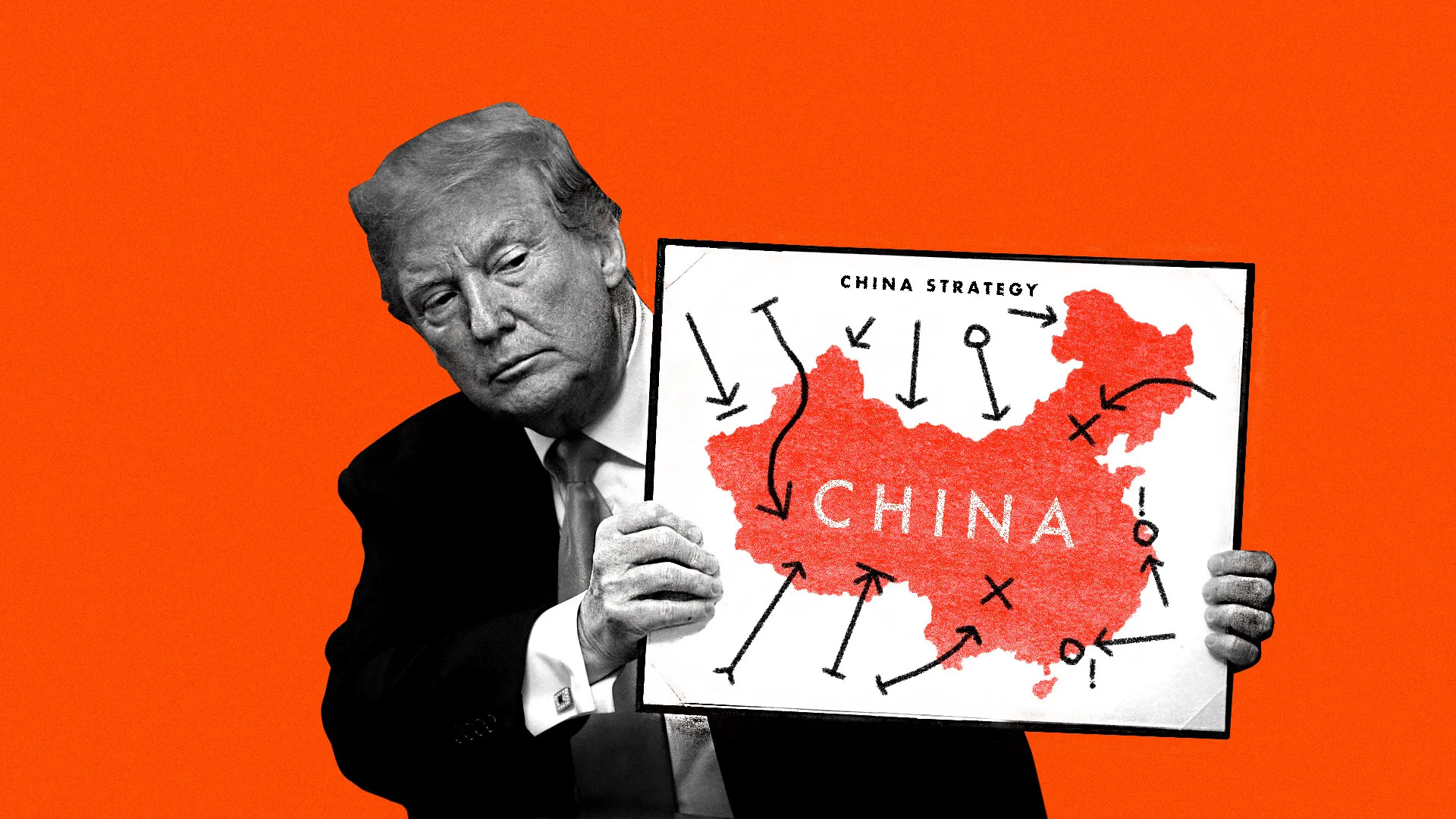
Last December, at a five-star hotel in the western suburbs of Beijing, the PLA organized its signature forum to commemorate Sun Tzu’s significant contributions to statecraft. Amidst all the pomp and circumstance, it was striking to observe senior PLA officers emphasizing the "anti-war message" that, in their view, lies at the core of Sun Tzu’s work.
A well-established principle in the study of Sun Tzu is that victory in strategic competition with a rival should be achieved without direct confrontation—through clever stratagems that, over time, undermine the opponent and lead to their strategic defeat. This, indeed, represents the pinnacle of statecraft. However, achieving this is far from easy, and if violence and war become necessary, Sun Tzu did not hesitate to endorse their use. Today, however, we can imagine Sun Tzu as advocating for victory without war as the only viable strategy between nations possessing vast arsenals of thermonuclear weapons capable of annihilating “spaceship Earth” multiple times over.
Almost 6,000 miles to the west, Thucydides similarly advocated for a strategy that sought victory without resorting to direct confrontation. A serious engagement with the primary text of The History of the Peloponnesian War, rather than relying on secondary works like Destined for War: Can China and the U.S. Avoid the Thucydides Trap, reveals that Thucydides presents a comprehensive typology of grand strategy remarkably similar to Sun Tzu’s.
According to Thucydides, a state may pursue a strategy of annihilation, aiming for a decisive battle to crush the adversary and impose its will unconditionally. This approach characterized Spartan grand strategy. Alternatively, there is the strategy of attrition, where a state avoids direct military confrontation and instead focuses on reforming its domestic foundations of power. Over time, this internal strengthening shifts the overall balance of power, eventually making it evident to the adversary that a negotiated outcome—one that establishes a new interstate order—is the only viable path forward. This was the strategy championed by Pericles, the Athenian statesman, and the one Thucydides himself strongly endorsed.
Athens ultimately lost the Peloponnesian War when it abandoned this strategy, lured by populist leaders like Cleon and Alcibiades. Crucially, Thucydides attributes the outbreak of the war that devastated classical Greece to the decision of the Spartan ephor Sthenelaidas, who chose to pursue a decisive victory against Athens rather than focusing on reforming and strengthening Sparta domestically.
Applying Thucydides' typology of grand strategy to the contemporary interstate system makes it immediately evident that the first grand strategy—seeking a decisive battle of annihilation—is no longer viable. Any direct conventional conflict between the United States and China risks escalating into a thermonuclear confrontation, which is unwinnable for either side. The advent of thermonuclear weapons has placed great powers under the conditions of Mutual Assured Destruction (MAD), or what the Chinese strategic community refers to as Minimum Assured Retaliation. In a nuclear war, neither China nor the United States could survive as functional societies. A nuclear war is simply unwinnable. Moreover, given the inherent inability to control escalation if a direct conventional Sino-U.S. war were to begin, both Washington and Beijing exercise considerable caution in their military interactions across the Indo-Pacific.
The only viable grand strategy today is the second type: a strategy of attrition. However, attrition strategies are not binary; there is no simple "engage in attrition or not engage" dichotomy. Instead, they exist on a spectrum, ranging from more hawkish approaches, such as pursuing regime change, stoking ethnic tensions, provoking regional conflicts, or engaging in proxy wars (as seen in Ukraine today or African conflicts during the US-Soviet Cold War), to more measured, "owlish" strategies that focus on cultivating domestic excellence and resilience.
This is where the comparative study of Thucydides and Sun Tzu proves invaluable. Both Eastern and Western strategic texts emphasize universal concepts of strategy and highlight that human nature, with its mortality and fallibility, is unchanged and unchanging across the national faultlines. Such an understanding can help modern strategists avoid falling into the trap of cultural or strategic exceptionalism. In recent years, both American and Chinese elites have made simplistic claims about the inherent peacefulness of their own strategic cultures while portraying their rival’s culture as inherently aggressive. Viewing the other side through the distorting lens of cultural exceptionalism or ideological bias often pushes elites in both China and the United States toward the hawkish end of the attrition spectrum. This mindset increases the likelihood of an unrestrained rivalry that yields no strategic benefit to either side. Worse, it heightens the risk of inadvertent escalation and a conventional clash, with potentially devastating consequences for strategic stability.
Sun Tzu’s insights resonate as much with Greek strategic thought as with Chinese tradition, just as Thucydides’ lessons hold as much relevance for Chinese strategists as for Greek historians. Their insights are universal. Studying their works reveals that if these two masters were alive today, they would advocate for prudence as the guiding principle for leaders navigating an era of great power competition. This prudence is essential, especially in a time defined by significant transnational challenges that no single nation—whether China, the U.S., the EU, Russia, or India—can address alone. These challenges range from the proliferation of weapons of mass destruction to managing future global pandemics, combating terrorism, ensuring financial stability, and addressing the disruptive societal and military effects of AI.
The path of Sun Tzu and Thucydides would emphasize strategic restraint, détente, and eventual great power collaboration. This perspective is not rooted in liberal ideals of moral imperatives but in a Realist understanding of enlightened national interest.
Note: This article draws on Athanasios Platias and Vasilis Trigkas, “Unravelling the Thucydides Trap: Inadvertent Escalation or War of Choice,” Chinese Journal of International Politics, 2021.
